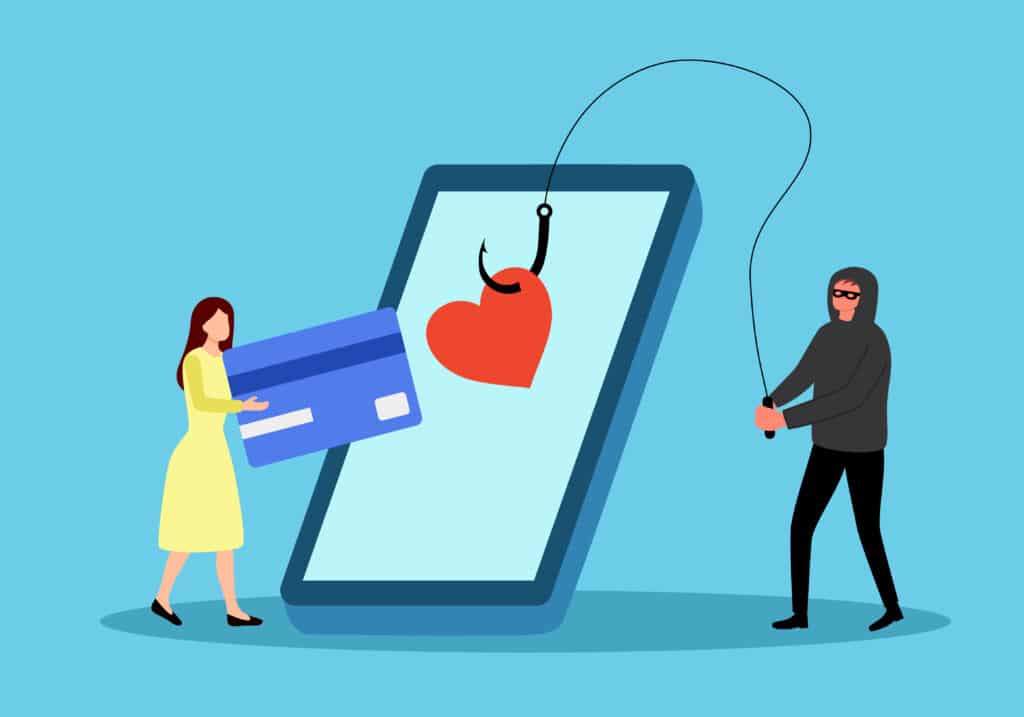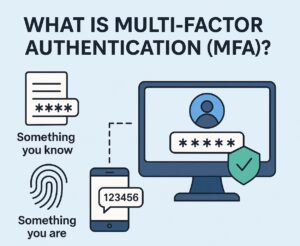Understanding and Preventing Current Social Media Scams

Social media is a great way to connect with others, but it’s also an opportunity for scammers to take advantage of unsuspecting users, tricking them into providing personal information or giving away money. Here’s a look at some of the most common social media scams today and tips on how to protect yourself.
Impersonation Scams
Scammers often create fake profiles pretending to be someone you know—friends, celebrities, and even businesses. They may contact you asking for money, personal information, or ask you to click on harmful links.
• Always verify the authenticity of a profile by checking the number of followers, the profile picture, and recent activity.
• If someone you know asks for money or personal information, contact them in another way to confirm it’s really them.
• Be cautious of links and attachments. Don’t click on links from people you don’t know.
Phishing Scams
Phishing scams happen when someone pretends to be a website or company you trust, asking you to share your personal information such as passwords, credit card numbers, or bank account details. They might send a message that looks like it’s from a social media platform, telling you to “update your account” by clicking a link.
• Always go directly to the website by typing the website address (URL) into your browser, instead of clicking on links in messages.
• Turn on two-factor authentication (2FA) for an extra layer of security.
• Contact the company directly if you get a strange or suspicious message.
Prize and Sweepstakes Scams
Everyone loves the idea of winning a prize, and scammers take advantage of this. These scams tell you that you’ve won a prize, like money, a vacation, or an item, but to claim it, you have to give personal details or pay a fee.
• If you didn’t enter a contest or sweepstakes, it’s likely a scam.
• Legitimate companies will never ask for payment or financial information to claim a prize.
• Don’t be pressured into acting quickly.
Romance Scams
In romance scams, the scammer creates a fake online relationship, gaining your trust before asking for money or gifts. They often say they are in a different country or facing an emergency. • Be careful when building online relationships with people you haven’t met in real life.
• Never send money or share private details with someone you haven’t met face-to-face.
• If someone is rushing you to send money, it can be a warning sign of fraud.
Fake Job Offers
Some scammers post fake job offers online, promising easy work and good pay. They might ask for your personal details or even money upfront for training or equipment, but the position isn’t real.
• Always research the company and verify the job offer before sharing personal information.
• Be suspicious of jobs that ask you to pay fees up front or guarantee a position.
• Use trusted job sites or official company websites to find jobs.
Best Practices for Staying Safe
• Review and Update your Privacy Settings: Check your social media privacy settings to limit who can see your posts, send you messages, and access your personal information.
• Think Before you Click: Don’t rush into clicking on suspicious links or downloading attachments from people you don’t know.
• Educate Others: Share tips with friends and family to help them stay safe.
• Report Suspicious Activity: If you see a scam, report it to the social media site you are on so they can investigate and possibly prevent others from being victims. Social media can help keep you connected with others, but it’s important to be cautious to protect yourself from scammers. By staying alert and following these tips, you can enjoy a safer online experience.


